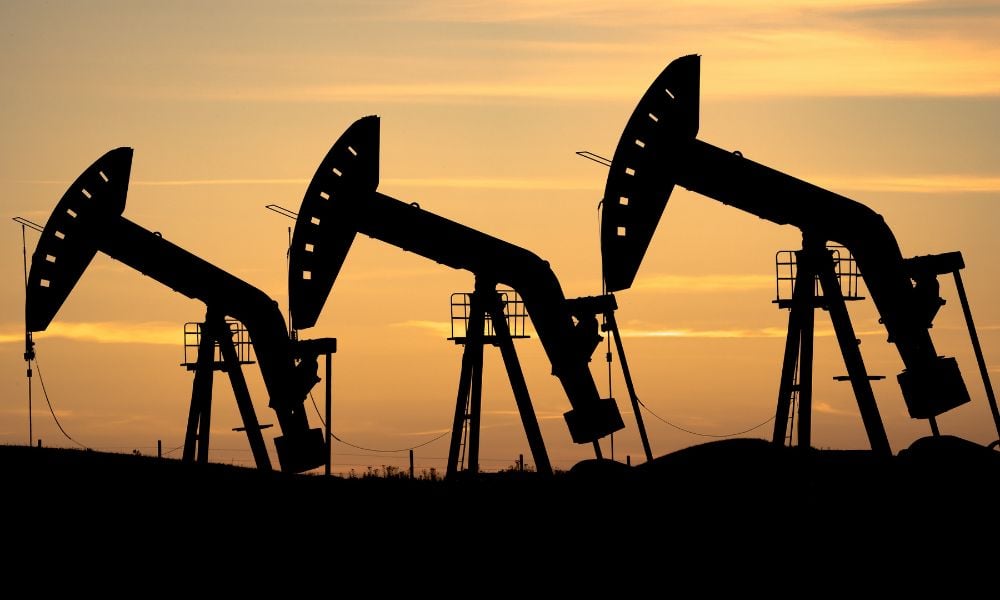Years of neglect lead to abandonment order

The Alberta Energy Regulator (AER) has ordered Sunshine Oilsands Ltd. to abandon its operations in the northern part of the province, citing a history of non-compliance and ongoing financial difficulties. The regulator stated this week that the Calgary-based energy company had repeatedly failed to address significant operational problems over nearly three years, including cracked pipelines and leaking tanks, posing a risk to both public and environmental safety.
The abandonment order encompasses a wide array of well sites within the Athabasca oilsands region. According to the AER, Sunshine Oilsands had demonstrated an inability to meet operational requirements and lacked the financial capacity to adhere to provincial and federal environmental regulations.
Despite assurances from Sunshine Oilsands that funding to rectify these issues would soon materialize, Colin Woods, an AER manager of field operations, noted that “the funding has not materialized.” He further stated that the company had failed to provide “substantive evidence that any future funding is assured and will be sufficient to enable Sunshine to come into, and to maintain, compliance.”
Sunshine Oilsands did not respond to requests for comment.
CBC reported that this order follows a pattern of financially troubled operators in Alberta’s energy sector being directed to abandon their assets due to safety concerns. Tallahassee Exploration Inc. faced a similar order in June 2024, as did Revitalize Energy in November 2024.
Regulator cracks down on non-compliance
Regulatory documents detail a history of disrepair and financial strain at Sunshine’s operations, including its West Ells project, located about 115 kilometres north of Fort McMurray. The in-situ project, operational since 2017, uses horizontal wells and steam injection to extract bitumen. Previous issues at the site included broken turbines and containment units at risk of overflowing.
In November 2024, the AER had already ordered Sunshine to suspend all operations, demanding a security deposit exceeding $6.1 million and a plan for improved operational safety. However, the regulator deemed Sunshine’s plan “deficient.” By January, the company informed the AER it was still struggling to secure $1.3 million for essential staffing, fuel, and repairs, anticipating the funds would not be available until June or July. This prompted the AER to conclude that Sunshine could no longer adequately monitor its infrastructure.
In February, the AER directed the Orphan Well Association, an industry-funded body responsible for cleaning up abandoned wells, to manage all of Sunshine’s licensed sites. Subsequent inspections revealed further issues, such as unmaintained brush leading to a fire near a flare stack, leaking containment tanks, and a ruptured pipeline due to improper shutdown procedures.
Despite these ongoing problems, Sunshine Oilsands expressed a desire in April to regain control of its assets. The AER rejected this request due to the company’s continued failure to comply with previous orders, including overdue payments and the lack of required operational plans.
During a meeting in May, just a week before the abandonment order, Sunshine could not outline how it would maintain operations, including staffing and essential repairs. The AER has stated that the Orphan Well Association will maintain control of Sunshine’s assets indefinitely to ensure public and environmental safety.





